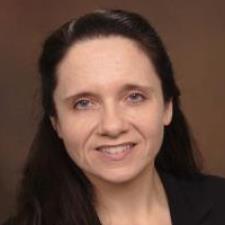Renata U. answered • 05/26/21
Experienced Coach (resumes, cover letters, interviews, coaching)
Dear Bryce,
According to Geert Hofstede, this dimension "deals with the fact that all individuals in societies are not equal, and it expresses the attitude of the culture toward these power inequalities amongst us. Power distance is defined as the extent to which the less powerful members of institutions and organizations within a country expect and accept that power is distributed unequally. It has to do with the fact that a society's inequality is endorsed by the followers as much as by the leaders."
You can compare any country on the Geert Hofstede website (country comparison), and you can also get a comparison of Hofstede's other dimensions there: individualism, masculinity, uncertainty avoidance, long-/ short-term orientation, and indulgence.
As far as power distance is concerned, some of the countries with the lowest score are: Austria (11), Israel (13), Denmark (18), New Zealand (22), and Ireland (28). Other countries with a low score in the 30s are Sweden, Norway, Finland, Switzerland, the UK, Germany, Costa Rica, Australia, and the Netherland. The US scores an exact 40. This means that in these countries employees will happily challenge their bosses, criticize the government in public, petition and protest to affect change, and truly believe that the individual can change the system. Conversely, in countries with a high power distance index, such as Malaysia, Guatemala, Mexico, China, or Saudi Arabia, people who are not in power tend to accept their fate and surrender to authority believing that they cannot ever affect change or have a say.
I hope this answers your question. If you need more help with intercultural studies, I'll the happy to support you. I am an intercultural coach, communication skills trainer, and language teacher by profession, give many webinars about this topic, and have been working with people worldwide for decades to help them communicate successfully across borders. You can find me online (Renata Urban Training), on LinkedIn, and of course, here on WyzAnt.
Renata Urban





